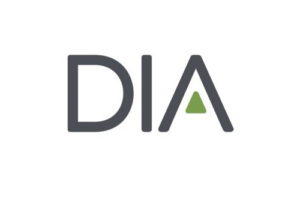The EMA’s Pre-Accession Assistance Program (IPA) helps EU candidate and potential candidate countries align their medicines regulations with EU standards through training, capacity-building, and policy support. As a new op-ed in the February 2025 edition of DIA’s Global Forum magazine outlines, an impact assessment of IPA II (2020-2023) showed significant progress in regulatory alignment, but participants requested more hands-on training and engagement in working groups, which EMA is incorporating into the ongoing IPA III cycle.
What is the Instrument for Pre-Accession Assistance (IPA) Programme?
Recognizing the lengthy and arduous journey toward accession and eventual EU membership, the European Commission established the Instrument for Pre-accession assistance (IPA) programme to assist candidate countries and potential candidates in implementing essential political and economic reforms, thereby preparing them for the rights and responsibilities associated with EU membership. The IPA program began in 2007 and is currently in its third iteration with IPA III running from 2021-2027. The results of the IPA Programmes to date are encouraging and have been well-received by all parties involved, paving the way for the next stage of support.
Within the framework of the IPA, the European Medicines Agency (EMA) has been delivering capacity-building projects since 2008, aimed at enhancing the regulatory capabilities in the field of medicines of the national competent authorities (NCAs) in the Western Balkans (Albania, Bosnia and Herzegovina, Kosovo, North Macedonia, Montenegro, Serbia) and Türkiye. Georgia, Moldova, and Ukraine also take part in the program initiatives, although they are not funded through IPA. Through the successful IPA I and IPA II programmes, EMA conducted numerous trainings and facilitated efforts of EU candidate countries to align with EU legislation on medicines regulation.
This article focuses on the outcomes of an impact assessment of the IPA II cycle, conducted by EMA through a semi-anonymous survey, followed by interviews with the representatives from the 10 (potential) candidate NCAs (including Georgia, Moldova, and Ukraine) to assess the effectiveness of the assistance delivered between 2020-2023. The survey does not prejudice the evaluation by the European Commission in the context of accession discussions.



